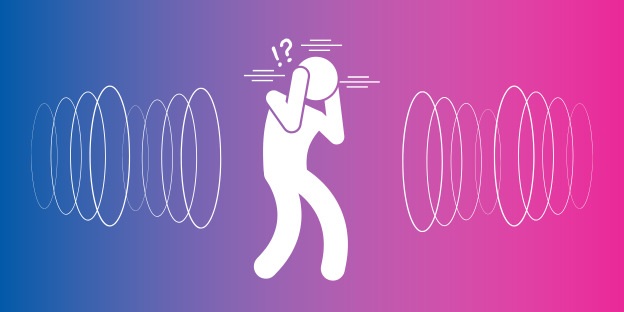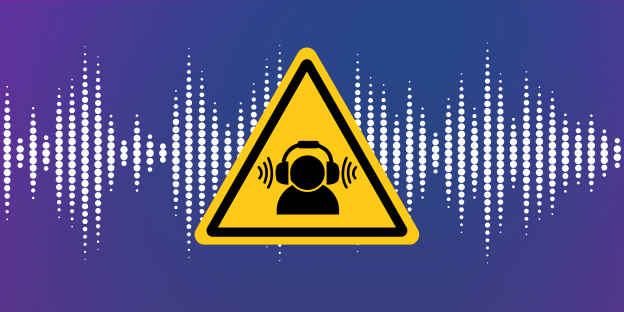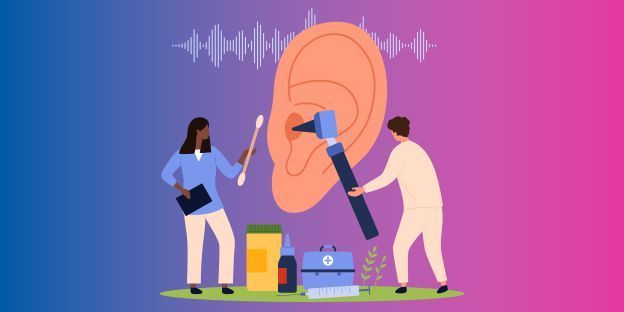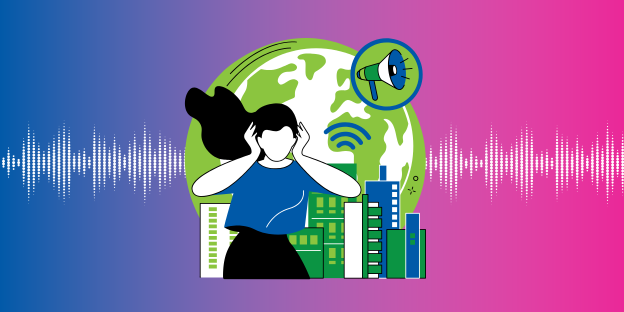Guide to Selecting Hearing Aids
Selecting hearing aids tends to be more complex than other purchases. Many of us are used to comparing products online, reading reviews from experts and regular people, or talking to our friends and family about their experiences.
Hearing aids are different because:
- There is a wide variety of hearing aid styles and technologies, each with its pros and cons.
- The best hearing aids for you depend on more than just personal preferences. It depends on the state of your hearing, lifestyle and budget.
- A comprehensive hearing test is critical to determine if hearing aids are necessary and which type will provide effective amplification.
- There is a large range in prices and funding options available.
The key to selecting hearing aids is understanding your hearing needs – and then choosing the technology that will make the biggest difference.
Differences Between Hearing Aids
Choosing the best hearing aids can be challenging because there are a wide diversity of styles, features and technologies.
How hearing aids work
Understanding how hearing aids work and what it means for you is integral to selecting hearing aids.
Hearing involves a complex interaction between our brains and ears. Our brains are responsible for filtering, interpreting and comprehending sounds and can even fill in missing information when needed.
Hearing aids utilize the brain's ability to adapt to sounds. They do this by improving the quality and clarity of sound that enters the ear, providing the brain with better stimuli to interpret. Hearing instrument specialists adjust hearing aids to maximize the sound input according to the hearing challenges that you face.
Hearing aid styles
Hearing aid styles describe the shape and physical fit of the hearing aid. Some styles deliver better performance (so it can help with more profound hearing losses), while other styles are designed to be discreet.
The common styles of modern hearing aids are:
Behind the ear styles (BTE): These devices sit behind the ear and have a receiver inside the ear canal (usually used for mild to moderately severe hearing loss) or an ear mold (usually used for moderate to profound hearing loss).
In The Ear Styles (ITE): These devices are worn in the ear and are usually custom molded to the wearer. They are either hidden completely in the ear canal, sit in the ear canal where they can be partially seen, or are a full shell that sits in the outer ear. Devices that sit completely and partially in the canal can treat up to moderately severe hearing loss.
Although each style has its own benefits and drawbacks, the technology inside the devices tends to be the more important factor. Hearing aids with more advanced technology are designed to treat more severe hearing loss, but they also tend to be more expensive.
Guide to Selecting Hearing Aids
The recent boom of hearing aid styles and types is good news for wearers: there are more technologies that can help manage the specific challenges that you face. When you select the right hearing aids, you will notice greater improvements in comfort, sound quality and convenience.
Follow these steps to selecting hearing aids to ensure you find the options that are best for you.
1. Get a hearing test
Hearing tests determine the state of your hearing system, how well you hear various sounds, how well you comprehend speech and the cause or type of your hearing loss.
At Discover Hearing, we will use the results from your hearing test to create an audiogram and help you visualize your hearing loss. Audiograms can show you which sounds you can hear well – and which sounds you likely struggle with. Everyone has a different audiogram, which highlights why we personalize our recommendations for hearing aids.
If you have scheduled an appointment, here are tips to prepare for a hearing test.
2. Discuss the results with a hearing health professional
After your hearing test, you can expect a two-way conversation with your clinician.
We want to hear about your daily life, work, lifestyle (such as your hobbies and routines), places you notice hearing challenges, preferences in hearing aid style, preferences in hearing aid technology and budget.
Your hearing health professional will share the options that match your preferences and needs, the pros and cons of each option and what to expect from the entire process.
Our goal is to provide recommendations and an understanding of the benefits or drawbacks of each style and technology level of hearing aid. Your hearing health professional can also walk you through payment options and will help you find a device that matches your hearing and your budget.
3. Take time to consider your options
At Discover Hearing, we don’t expect you to make a decision right away.
We understand that hearing aids are complex and that you need to consider the style, fit, features, technology level, pricing and more. We encourage you to consider the information we provide and to take your time choosing an option that best suits your needs.
We will provide our top hearing aid picks so that you can go on and do your own research. And don't hesitate to contact us at any point with any questions.
After You Select Hearing Aids
You can try your new hearing aids to confirm they are the best option. At Discover Hearing, we offer a 30-day trial with new hearing aids and ongoing support from our clinicians to help you get used to new hearing aids. We will give you tips on how to start out slowly to minimize discomfort while still giving your brain a chance to adjust. Learn more from our tips for success with hearing aids.










